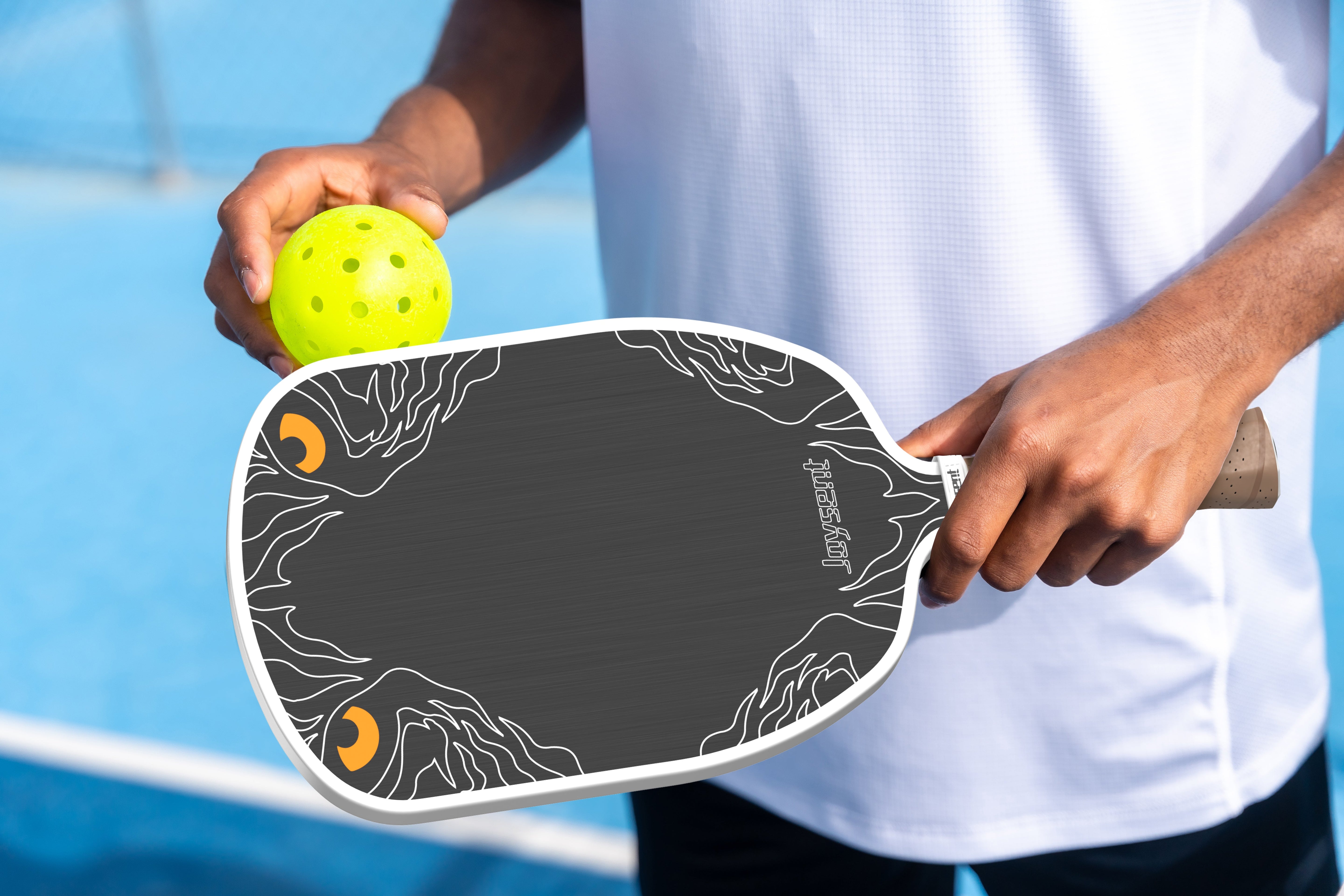
Anticipation Mastery: How to Read Your Opponent Like a Pro
🎯 Introduction
In pickleball, reaction speed matters—but anticipation is what truly sets great players apart. Instead of waiting to see what your opponent will do, what if you could predict it before it happens?
🔍 1. Watch the Paddle, Not the Ball
The paddle tells a story—if you’re watching. Is it high or low? Closed or open face? A high paddle behind the body might signal a drive; a soft, open face near the net often means a dink.
✅ Tip: Focus on your opponent’s paddle in the split second before contact—not just the ball afterward.
👣 2. Observe Their Footwork and Positioning
Footwork gives away plans. Leaning forward with knees bent? Likely a quick attack. Hanging back near the baseline? Maybe preparing for a lob or deep return.
✅ Tip: Use your peripheral vision to track both their position and balance.
🧠 3. Learn Their Patterns
Many players fall into habits. One may always drive on second shots; another may always dink cross-court on third. By watching 2–3 rallies closely, you can often predict the fourth.
✅ Tip: Mentally note their shot selection early in the match—and test if they repeat it.
🎭 4. Read Their Eyes and Body Language
Some players telegraph their intentions through nervous glances or posture shifts. Others “freeze” when about to dink, or tense up before driving.
🔄 5. Force Predictability with Smart Shot Selection
Want an edge? Make them predictable. Hit to their weaker side, or to awkward zones where they only have one or two shot options.
🧘 6. Stay Mentally Present
You can’t read anything if you’re thinking about the last miss. Stay in the moment, observe closely, and adapt quickly. Anticipation is part logic, part instinct—and both require focus.
✅ Summary: Checklist for Better Anticipation
-
👀 Watch the paddle, not the ball
-
👣 Observe footwork and body lean
-
🔁 Track shot patterns
-
🎭 Read visual cues and expressions
-
🧠 Force simplicity with smart targeting
-
🧘 Stay present and focused
🏁 Final Thoughts
The best pickleball players don’t just react—they anticipate. With practice, you’ll find yourself moving before the ball is even hit. It’s not magic. It’s mastery.








